OCD… What is it? An Understanding of Mental Illness
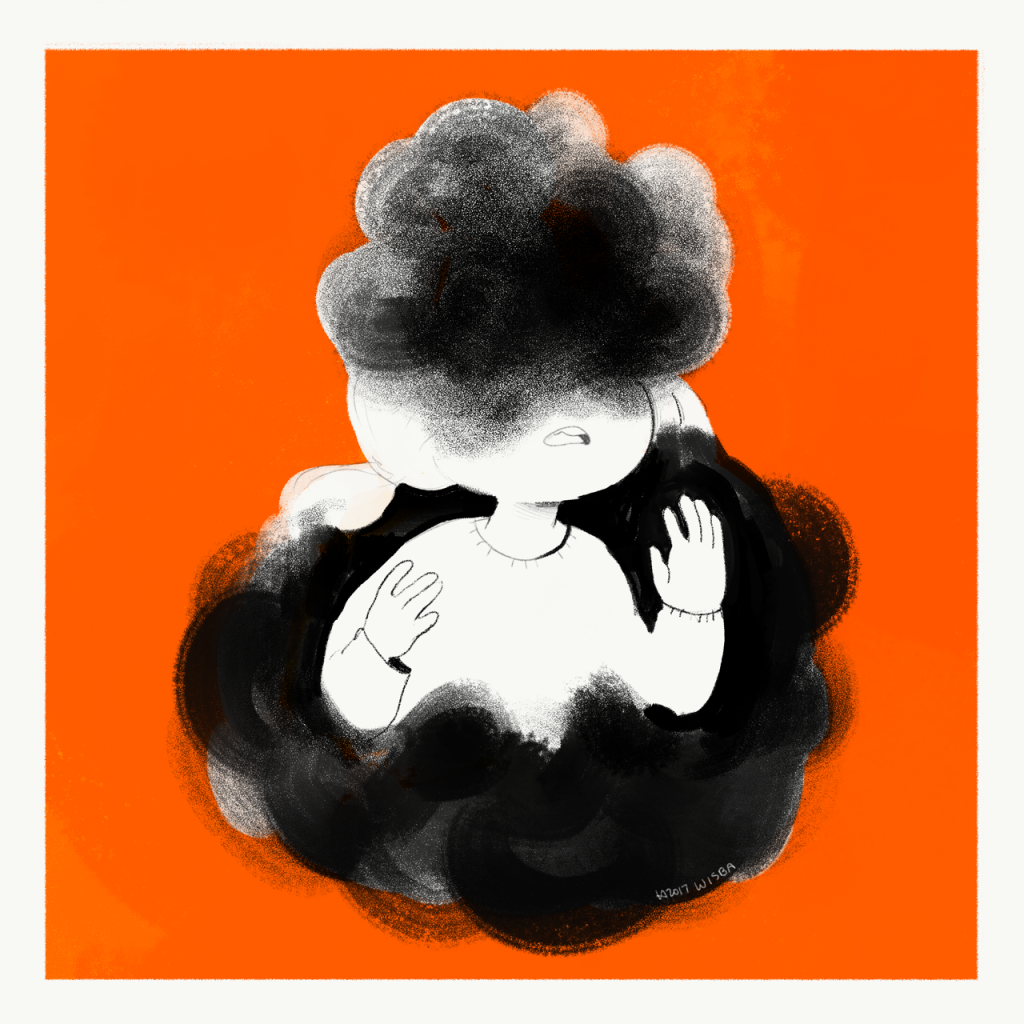
Obsessive compulsive disorder, commonly referred to as OCD, is a mental illness that affects roughly 1 in 40 adults and 1 in 100 children. The World Health Organization places OCD in the top 20 causes of illness-related disabilities for those between the ages of 15 and 44, worldwide. There are many misnomers regarding OCD and what it really is. Much of this comes from misrepresentations in Hollywood and the media. In the article 6 Television Shows That Got Mental Illness Correct, we discuss just how subtle many symptoms really are. In the show Monk for instance, the main character has OCD in a way that is unrealistic and hazardous to the understanding of the illness. With that being said, this article hopes to dispel some of the myths associated with OCD and those who suffer from it.
1. OCD is characterized by its obsessions
Many psychological disorders and illnesses have obsessions as a defining component. OCD is no exception. The difference here is the fact that OCD sits strongly with those obsessions. An obsession for someone with OCD can, and often does, become all-consuming. Intrusive and obsessive thoughts drive the compulsions that the sufferer feels they absolutely must carry out. Many times, there is often a fear associated with the obsession. Someone with OCD might obsess over the fear that they will leave their door unlocked and that their belongings will be stolen. This will result in a compulsion to check and recheck the doors and locks before they leave or go to bed. For some sufferers, this obsession might force them to check the locks upwards of fifteen times or more before they are satisfied.
2. Obsessions can be about anything, not just the stereotypes like germs or death
Obsessions can fall under almost any category one can think of. Someone with OCD might have obsessive thoughts about contamination, either from bodily fluids or diseases. This causes them to compulsively avoid things they feel are associated with the risk of contamination. Someone else with OCD might be having obsessive thoughts about sex or harm, either harming themselves or others. These thoughts are completely outside of the sufferers control and can, at times, cause them extreme distress and anxiety. They might assume that something about them is perverse due to the nature of their obsessions. Which is usually not the case at all. As stated before, obsessive thoughts are not under the sufferer’s control.
3. Compulsions can become physically unhealthy
Someone who has obsessive thoughts about germs might compulsively wash their hands. Hand washing after using the restroom and before preparing food is common sense and practical. Compulsively doing it dozens of times a day is anything but. Aside from the fact that washing your hands this often is time-consuming, it is also very bad for the hands. The soap and water will become harsh on the skin, leaving the hands red and dry. This eventually leads to the hands swelling, cracking, and bleeding. Other obsessions, such as the fear of heart disease or heart attacks, may cause someone to compulsively run. Exercise is a good part of anyone’s daily routine. But being compulsive about it can actually harm the heart. Not to mention other internal organs, bones and muscles.
4. OCD isn’t as rare as was once believed
The theory behind this revelation is that many with OCD never sought diagnosis or treatment. In some instances, OCD might have been seen as being germaphobic or an odd quirk. Many who suffered from OCD in the past kept it a secret from even their closest friends and family. This left them with only one choice: to suffer alone and in silence. Over time, much of the stigma surrounding OCD has lessened. Allowing those who suffer from it to step into the light and seek the treatments they need and deserve.
5. You can see the differences in brain functionality in someone with OCD
Researchers have used neuroimaging technologies to “observe” the functionality of the brains of those with OCD. Through their study, they have found that there may be communication issues between different areas of the brain. There are also some differences in the neurotransmitters of those that have OCD. While we now know that OCD has a neurobiological component, we are still unsure as to its cause as a whole. The physical differences are not the cause of OCD symptoms, however. They appear to be a byproduct of something that was already there.
6. OCD is not the same as being a collector
OCD can exhibit hoarding tendencies, but hoarding is not the same as collecting. And collecting something isn’t the same as having OCD, or even one of its symptoms. Being drawn to a certain point of interest is also something that OCD is not. Collecting things brings pleasure to those that do it. OCD is not pleasurable to the sufferer in any way. It’s also important to note that OCD is a mental illness whereas being a collector or having a special interest is a choice. Those with OCD don’t have the luxury of choices. So anything they have obsessions about, pertaining to thoughts, have to be addressed by a licensed professional.
7. There are no laboratory tests for an OCD diagnosis
OCD must be diagnosed by a licensed medical professional. There are questionnaires online, like this one, that can help wade through the symptoms though. These online questionnaires are in no way meant to be a definitive diagnostic tool. The only way to get that diagnosis is to talk to a medical professional. And by talk, I do mean talk. There are no blood tests or brain scans that can be done at this time to garner a diagnosis of OCD.
8. OCD has other comorbid factors
Those with OCD often exhibit other mental illnesses or disorders as well. People with OCD often find themselves suffering from anxiety or depression. The stress of constantly intrusive thoughts and compulsions can take its toll on the sufferer. A sufferer might also find out that they have autism spectrum disorder or an eating disorder as well. Both of these disorders rely heavily upon obsessions and compulsions, though not always together when not associated with OCD. A mental health professional will be able to diagnose and treat each aspect of OCD. As well as any comorbid illnesses and disorders.
9. There are treatments for OCD out there
Cognitive behavioral therapy is the most recommended form of OCD treatment per the National Institute for Mental Health and the Mayo Clinic. CBT can be, and often is, used in conjunction with medications. Medications, while helpful, might not be as useful as one would hope when used alone. It has been found that 85% of those that use CBT as a method of treatment have found significant improvement in their symptoms. Those that used medication alone found a much lower improvement rate.
Would you like to share your story of diagnosis and treatment for OCD? Psych2Go invites you to drop it in the comments below.
Other reading from Psych2Go:
10 things people with OCD are tired of hearing
The Nature of the Obsessed- a Deeper Understanding of OCD
Resources:
“Taking Patients beyond OCD through Higher Physician Recruitment Standards.” Beyond OCD, Beyond OCD, 2017, beyondocd.org/ocd-facts. Retrieved November 22, 2017
“What Is OCD?” International OCD Foundation, International OCD Foundation , 30 Sept. 2016, iocdf.org/about-ocd/. Retrieved November 22, 2017
Edited by Viveca Shearin

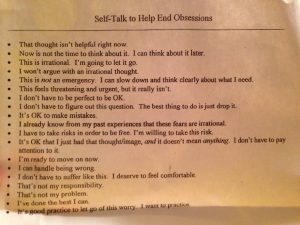
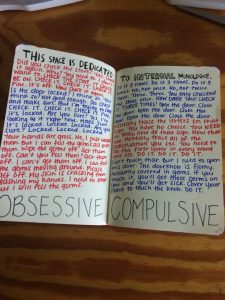
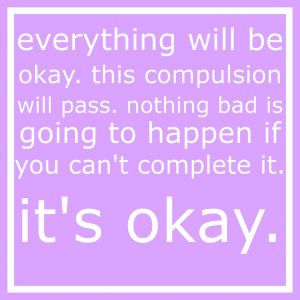
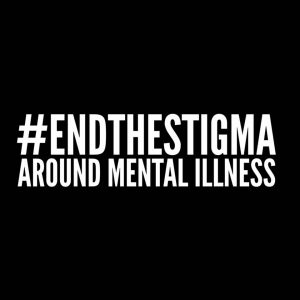
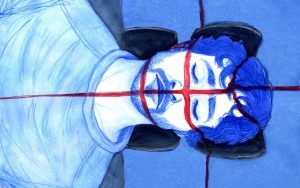


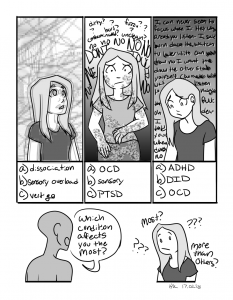
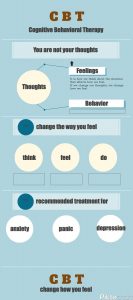



I never realised I had OCD until after the decade I had been deep in it. I was overweight, depressed, anxious and a shopaholic. Being at 0 was calm for my mind, then it got worse and my borrowing went round in circles.
I was never diagnosed, I did research and found I had mthfr and CBS mutations as well as a couple vitamin related ones, from a DNA test.
They resulted in sulphur intolerance which in turn causes yeast and created an imbalance in my head. I fixed my diet, treated the yeast and felt better. Now when I eat the wrong thing I slip straight back into OCD. If I buy a large purchase on a whim I refix my diet and make sure to exercise. Every time my weight spikes my mental health goes down hill. The depression can be way worse than OCD though.
I’m 5x more likely to end up depressed but at least now I know what I’m looking for and it’s only for 1 week at a time now. Just last week I had a holiday that wrecked my routine and by the end I was wallowing in the thought “I should never have been born.” Then I calm down again.
When someone says, “can’t you just eat one…” No, no I cannot.
Sulphur is wheat with yeast, cruciferous vegetables (broccoli knocks me out for 3 hours), dairy, processed foods and many more.